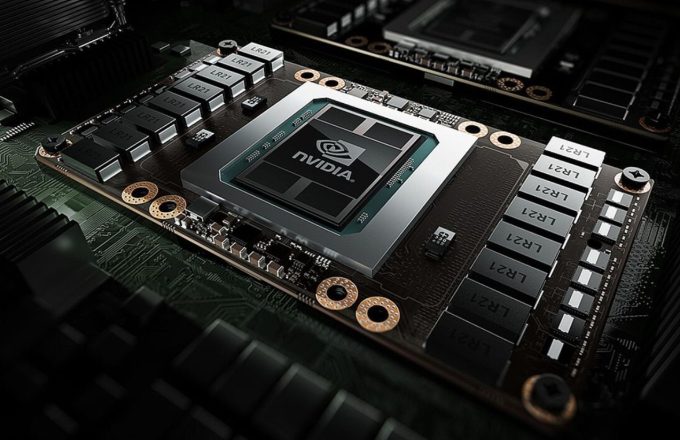A newly discovered vulnerability in AMD Ryzen processors once again highlights that no hardware or operating system is entirely secure. The flaw affects the Trusted Platform Module (TPM), a crucial security component required to install Windows 11. Unlike its predecessor Windows 10, Windows 11 relies on a combination of hardware and software to enhance system protection and safeguard sensitive data.
The Trusted Computing Group (TCG), which oversees the TPM standard, identified the vulnerability as CVE-2025-2884, while AMD registered it under the code AMD-SB-4011. The associated risk score is 6.6 out of 10, categorizing it as a medium-level threat. This rating is largely due to the fact that exploiting the vulnerability requires physical access to the device—an unlikely scenario in both home and enterprise environments. Nevertheless, as the saying goes, better safe than sorry.
According to AMD, the issue can be triggered by user-mode applications sending malicious commands to a TPM 2.0 chip whose firmware is based on a vulnerable TCG reference implementation. If successfully exploited, the flaw could allow an attacker to access data stored in the TPM or potentially compromise its availability.
The vulnerability affects a wide range of processors, from the Ryzen 3000 series up to the latest Ryzen 9000, including the high-performance Threadripper line. This applies to models using ASP fTPM, as well as those that also incorporate the TPM Pluton module.
Given the severity of the issue, AMD has acted swiftly by releasing a firmware update, AGESA version 1.2.0.3e, designed to fix the problem. The patch has already been sent to motherboard and laptop manufacturers. Users are advised to visit their device or motherboard manufacturer’s website, download the latest update, and ensure it includes the identifiers AMD-SB-4011 or CVE-2025-2884.
Applying this update is critical to maintaining compliance with Windows 11’s security standards, particularly in a time when data protection is more vital than ever.




















